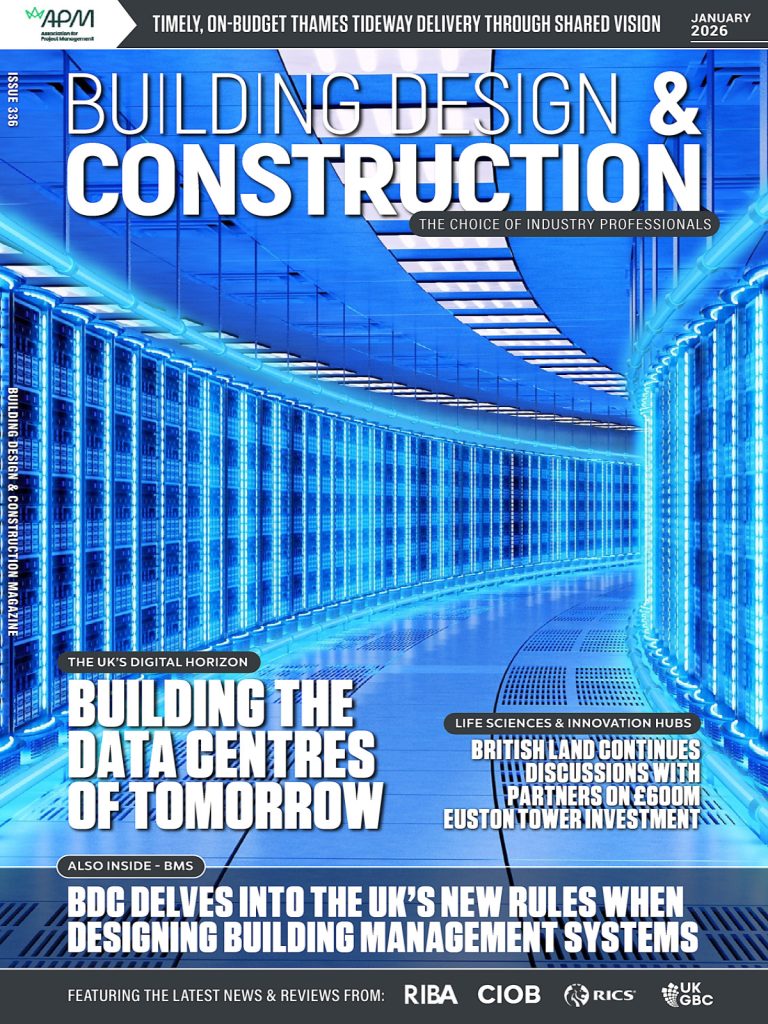The UK Government has on the 1st June 2020, released guidance on the Electrical Safety Standards in the Private Rented Sector (England) Regulations 2020.
There are three sets of guidance with separate versions released for landlords, tenants, and local authorities in England.
Private landlords must ensure:
- Electrical safety standards are met when the property is occupied during a tenancy.
- Every fixed electrical installation at the property is inspected and tested at least every five years by a qualified person.
- The first inspection and testing are carried out before new tenancies commence on or after 1 July 2020 and by 1 April 2021 for existing tenancies.
Key questions answered
WHAT DOES ELECTRICAL SAFETY STANDARDS MEAN?
Under the Regulations, electrical safety standards mean that the inspection and test of the installation is carried out in accordance with the eighteenth edition of the wiring regulations BS 7671:2018 (the national standard to which all domestic wiring must conform).
WHAT SHOULD I DO IF I HAVE AN EXISTING REPORT?
If the landlord has obtained a satisfactory Electrical Installation Safety Report which is less than five years old, they should review the report to see what was recommended on it and consider how the property has been let since it was carried out. If big differences to the property have occurred, then it would be wise to get another check done. If no changes have been made, then the report will remain valid until the next inspection date specified.
WHAT TENANCY TYPES ARE COVERED BY THE REGULATIONS?
The Regulations apply to all tenancies apart from those listed as excluded tenancies which are social housing, shared accommodation with a landlord or landlord’s family, long leases, student halls of residence, hostels and refuges, care homes, hospitals, and hospices as well as other accommodation relating to healthcare provision.
DO THE REGULATIONS APPLY TO HOUSES OF MULTIPLE OCCUPATION (HMO)?
Yes, if an HMO is a tenant’s only or main residence and they pay rent, then these regulations apply to the property. Furthermore, these Regulations repeal the previous legislation which set requirements on HMO landlords.
WHAT ABOUT NEW BUILD PROPERTY?
The Regulations stipulate that all rented properties – even new builds – should have their electrical installations tested every five years. The Electrical Installation Certificate will certify that electrics are safe when they are put into service, but it will not identify any damage, deterioration, or defects that take place subsequently. After five years of use as a rented property, the UK Government believes it is sensible to ask landlords (who have not been living in the property) to ensure that the electrical installation is still safe.
WHO CAN CARRY OUT THE CHECKS?
Any Electrical Inspector employed to undertake the electrical inspection and testing within the property must have:
- Adequate insurance. This should include at least £2 million public liability insurance and £250,000 professional
- indemnity insurance.
- A qualification covering the current version of the wiring regulations (BS 7671).
- A qualification covering the periodic inspection, testing, and certification of electrical installations.
- At least two years’ experience in carrying out periodic inspection and testing
See www.electricalcompetentperson.co.uk and www.napit.org.uk/member-search.aspx
How do the rules interact with the guidance because of COVID-19?
The UK Government recognise that the restrictions imposed by current measures to minimise the infection risks from COVID-19 may make carrying out electrical safety checks more difficult, for example where households are isolating or where an individual has been advised to shield. Under such circumstances, provided the landlord can demonstrate they have taken reasonable steps to comply, they would not be in breach of their legal duties.





